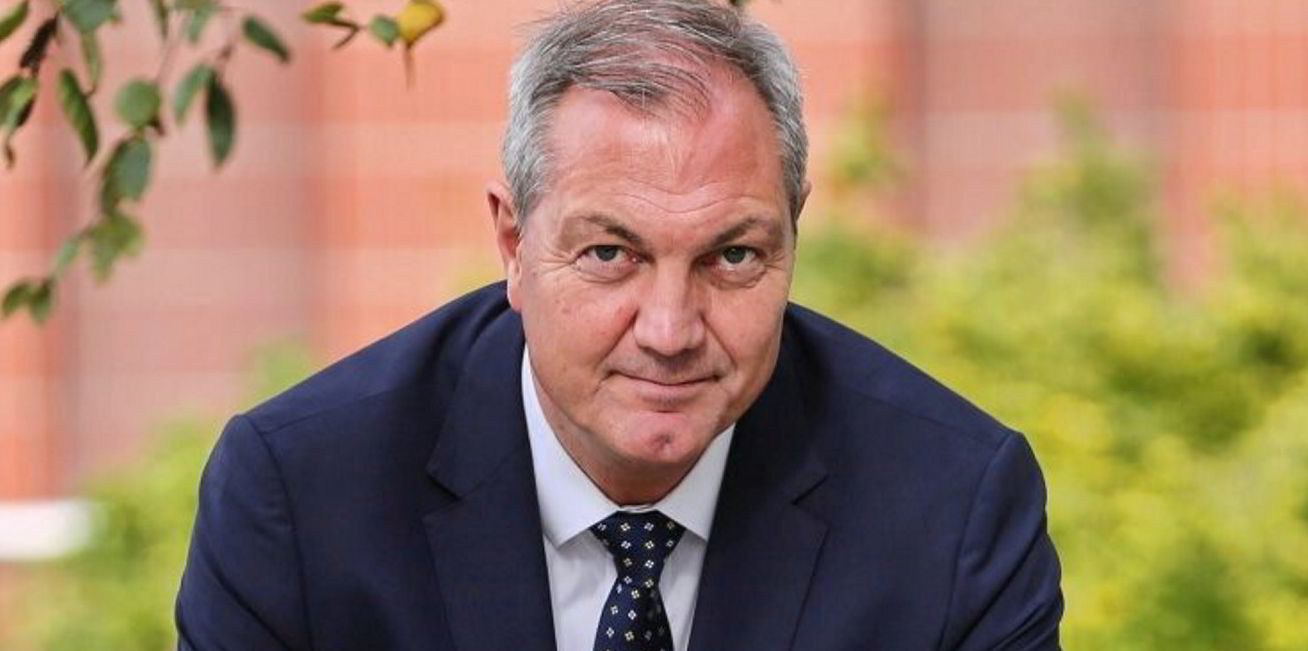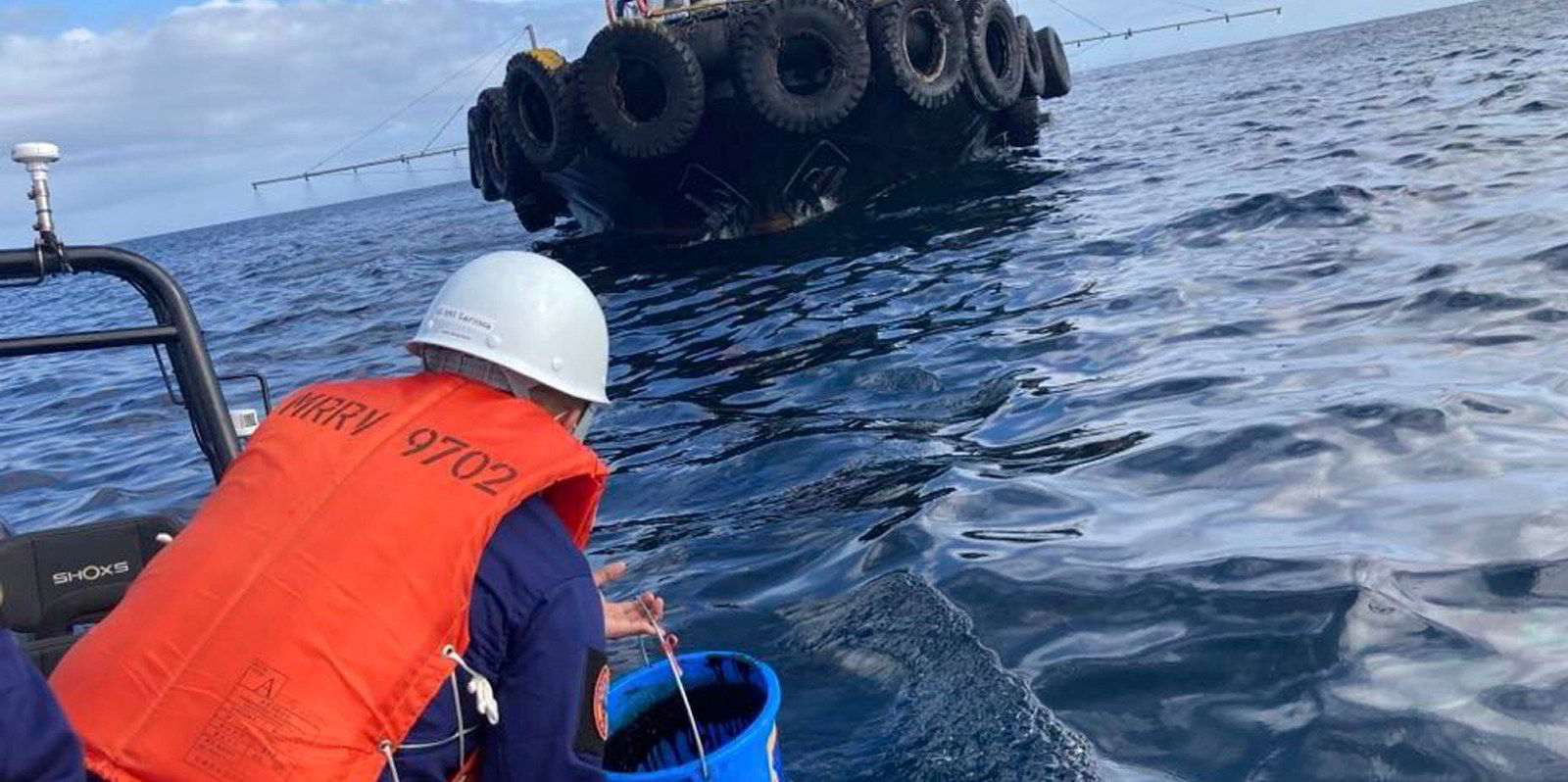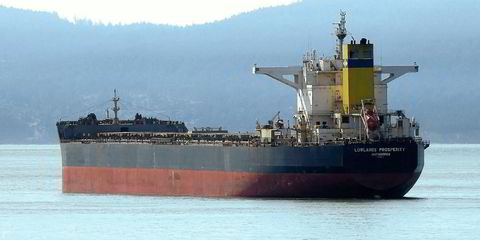Panama, one of the world’s largest flag states, is among nine nations named for years of incomplete dues to the body that pays compensation for major maritime oil spills.
The International Oil Pollution Compensation Funds (IOPC Funds) uses oil import data to calculate levies for 121 member states that pay for its work — but a hard-core of countries have failed to provide complete figures for at least five years.
Panama is the most significant maritime player among them and supplied only partial data from 2018 to 2022, according to the IOPC Funds. It has the world’s second-largest ship registry by gt behind Liberia, according to Clarksons’ data.
The worst offender of the nine is the Dominican Republic, which did not file any reports at all before 2022 for its 24 years of membership. Syria has a 14-year backlog to the date it joined and Saint Lucia has 12, according to the IOPC Funds annual report.
“Without the oil reports, we can’t invoice for contributions. Without contributions, we can’t pay compensation,” IOPC Funds finance chief Claire Montgomery said in the report.
“The cycle is simple, and most of our member states and contributors are prompt and cooperative and we really appreciate that.”
IOPC Funds has now changed its rules so that it can chase down unpaid dues without having to rely on countries filing their ship-hauled import data.
The group is based at the headquarters of the International Maritime Organization, headed by Panamanian secretary general Arsenio Dominguez.
IOPC Funds is a key body in the aftermath of major oil spills and is responsible for paying pollution compensation above the shipowner’s and its insurer’s limitation of liability.
It has been involved in 150 incidents since 1978 and paid out £766m ($954m) for major casualties including the sinking of the 82,100-dwt Prestige (built 1976) that spilled thousands of barrels of oil onto Spain’s north-west coast in 2002.
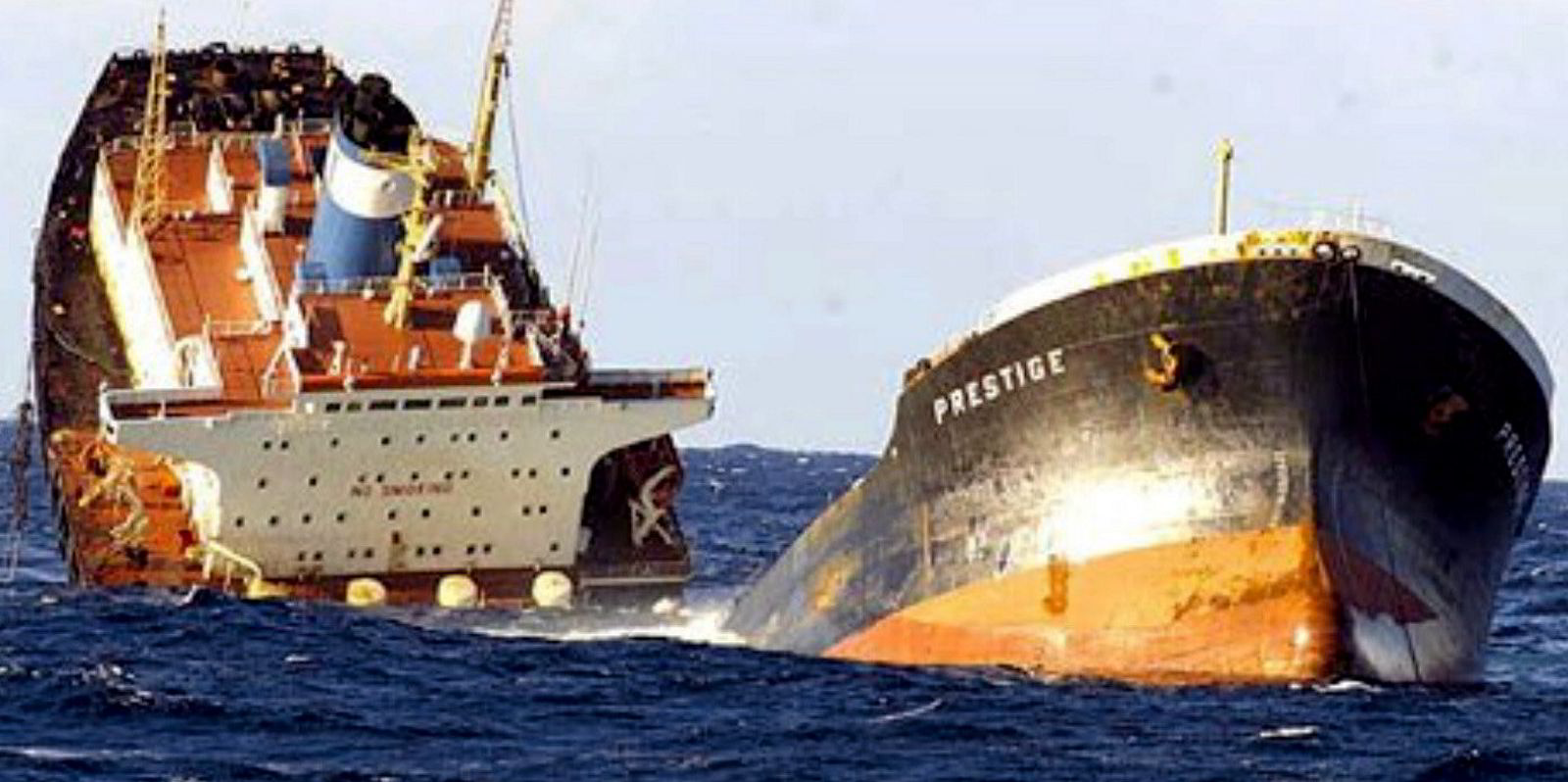
The most recent spill followed the sinking of the 1,143-dwt Princess Empress (built 2022) off the coast of the Philippines, which has seen $19m paid out by the group by the end of 2023.
IOPC Funds remains involved in 12 cases dating back to the Prestige casualty but is reliant on the oil importers of its national members for funds.
The failure of 30 countries to submit oil import reports for 2022 or earlier by the end of last year has brought the issue to a head.
Changes introduced in November mean that the IOPC Funds can use oil import estimates to calculate the dues if a member nation fails to file figures.
The invoices for payment are sent to the oil importing entities, private companies or state bodies, but it is the responsibility of the member state to supply the figures on which the levies are based.
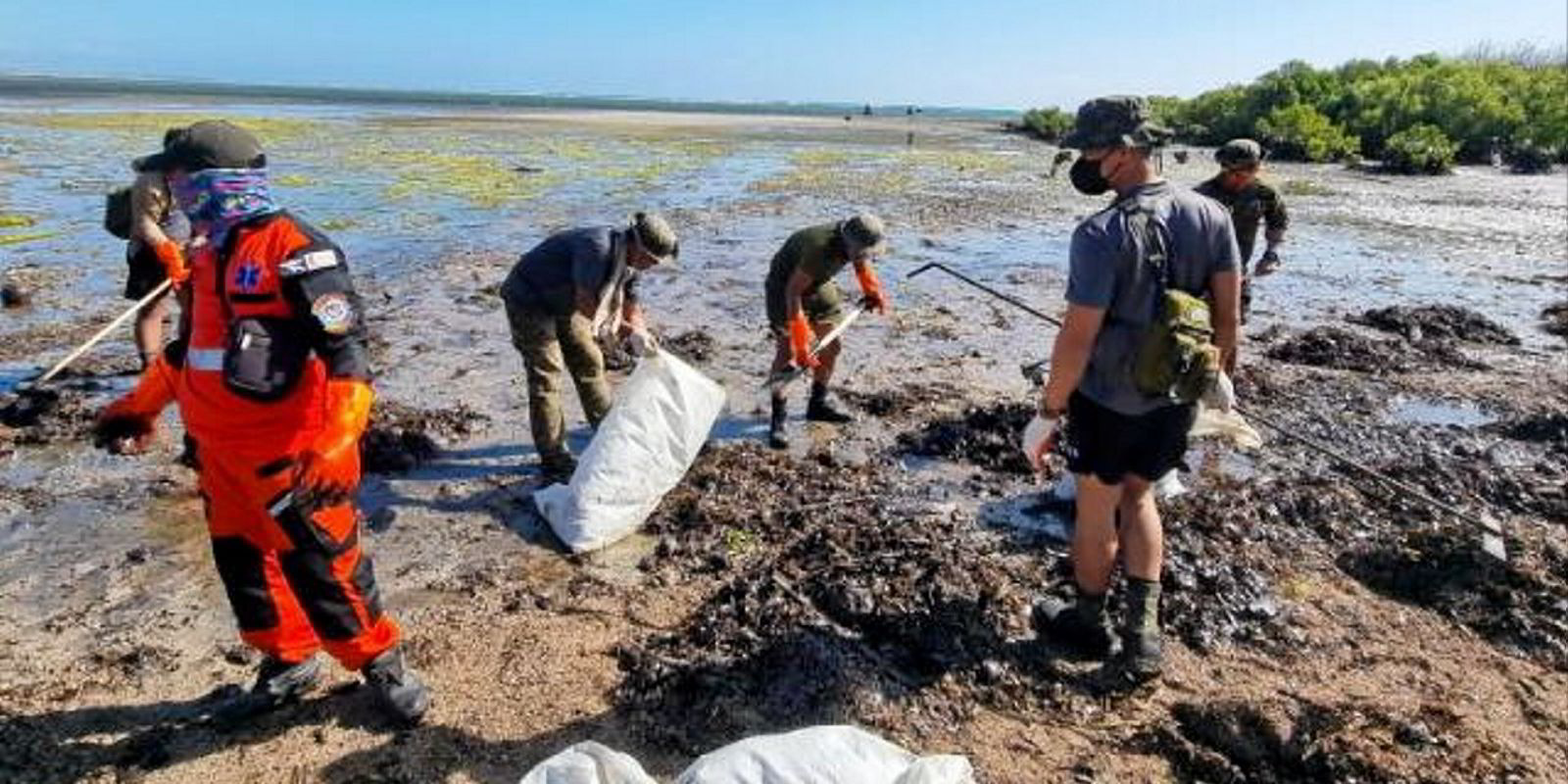
“These obligations are firmly set out under the relevant treaties, but unfortunately some states still fail to fulfil them,” IOPC Funds director Gaute Sivertsen said.
“This [the rule change] means that from now on, gaps in reporting will not prevent the liable contributors from being invoiced for monies due.”
The countries with the biggest oil imports by tanker pay the most, while nations that import less than 150,000 tonnes a year pay nothing.
India was the largest importer of the membership in 2022 with 231m tonnes of the reported volumes, or 16%, followed by Japan and South Korea.
Panama reported 1.9m tonnes, or 0.13% of the total in 2022. Some of Panama’s oil importers have paid their dues but not all owing to incomplete data, IOPC Funds said.
In November, IOPC Funds called for £10m from its members for its latest annual round and a further £30m for major claims funds for the Princess Empress and a bunker spill from the 37,499-dwt Bow Jubail (built 1996) in the port of Rotterdam in 2018.
The maritime authorities in Panama have been approached for comment.
Read more
- IOPC Funds will help meet Philippine tanker oil spill claims
- Flag and port states urged to act to prevent ‘dark fleet’ pollution disaster
- Shipowners’ Club starts to process Philippines tanker spill claims
- Insurers caught in the sanctions crossfire as dark fleet casualties expose pollution threat
- Norwegian civil servant to head oil pollution fund
